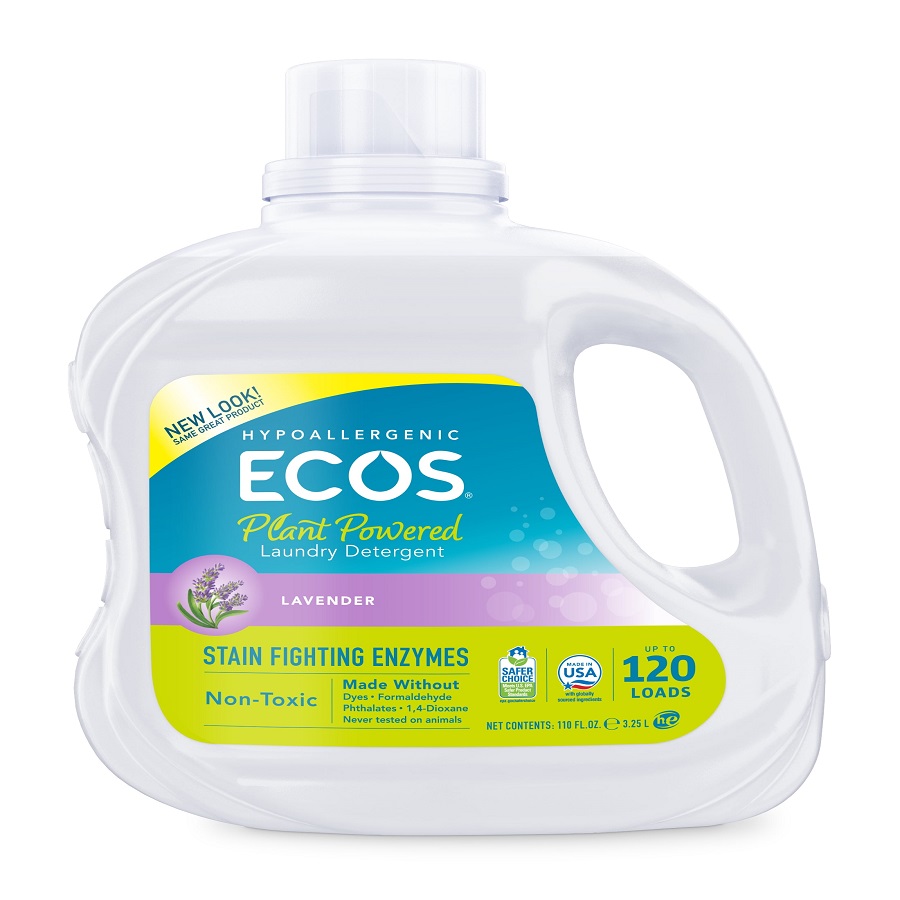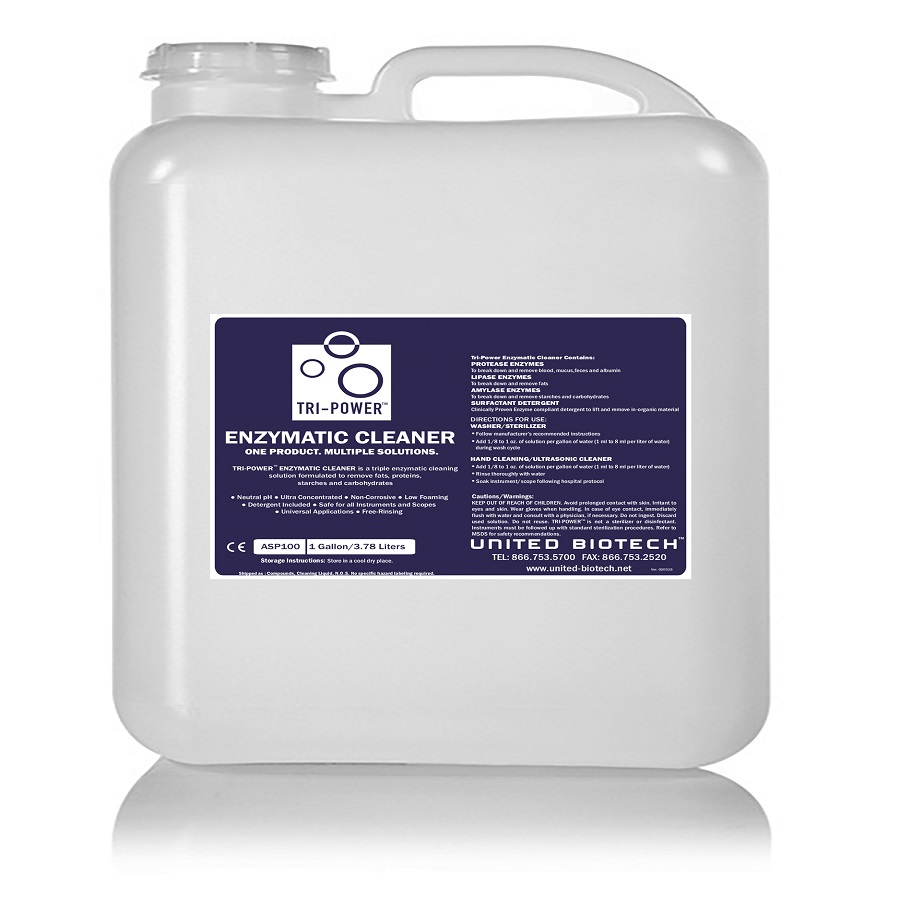Introduction to Enzyme Detergents
Enzyme detergents are changing how we clean. They break down stains with natural enzymes. These cleaning agents are not just effective. They are also eco-friendly. Let’s explore what an enzyme detergent is and its benefits.
Enzyme detergents use biological compounds. These are proteins that speed up chemical reactions. They target specific types of dirt and stains. This makes them highly efficient. Unlike traditional cleaners, they work at the molecular level. They decompose substances that cause stains and odors.
The use of enzymes in detergents is not new. But recent advances have made them even more powerful. They are now a key player in sustainable cleaning. Most enzyme detergents are biodegradable. This means they break down naturally in the environment. They leave behind no harmful residues.
What makes enzyme detergents unique? They offer a powerful clean without harsh chemicals. This is good news for families and the planet. Safe for use on various fabrics, they are also gentle on skin. Plus, they conserve water and energy. How? By working effectively in cold water and reducing rinse cycles.
In summary, enzyme detergents are the smart choice for clean laundry. They are tough on stains but gentle on the earth. In the following sections, we will dive deeper into how they work. We will also compare them to traditional detergents. And we’ll help you choose the right one for your cleaning needs.
 The Science Behind Enzyme Detergents
The Science Behind Enzyme Detergents
Enzyme detergents harness the power of nature through biological catalysts. These catalysts are proteins, known as enzymes. They accelerate chemical reactions that break down various types of stains and grime. It is this precise reaction that is fundamental to the cleaning power of enzyme detergents.
Enzymes latch onto stain molecules. They break these complex molecules into smaller, water-soluble parts. This action allows detergents to lift stains easily from fabrics. Each enzyme targets a specific type of stain. Proteases go after protein stains like blood. Lipases break down fat-based stains. Amylases tackle carbohydrates and starches. And cellulases work to maintain color and fabric quality by removing pilling.
This targeted approach means enzyme detergents work fast and effectively. More so than traditional detergents. Unlike standard chemical cleaners, enzyme detergents don’t require high temperatures. They perform well even in cold water. This is because enzymes activate biological reactions regardless of the water temperature. The result is a clean outcome with less energy used.
The remarkable science behind enzyme detergents is why they are the go-to option for sustainable cleaning. They offer efficiency without compromising the environment or safety. In our next sections, we’ll explore the environmental benefits and different types of enzymes used in these detergents.
Environmental Benefits of Enzyme-Based Cleaners
The rise of enzyme detergents comes with significant environmental perks. These detergents are not only known for their cleaning efficiency but also their role in promoting a sustainable future. Here are some key environmental advantages of using enzyme-based cleaners:
- Biodegradability: Enzyme detergents are often fully biodegradable. This means they break down naturally without leaving harmful residues. It reduces environmental pollution.
- Energy Conservation: With enzyme detergents, washing in cold water is effective. This conserves energy by eliminating the need for heated water.
- Water Saving: These cleaners often require fewer rinse cycles. This is because they don’t leave behind residues that need extra washing out. It results in considerable water savings.
- Reduced Chemical Use: Enzyme detergents contain few or no harsh chemicals. This means fewer chemicals are released into waterways. It protects aquatic life and water quality.
- Lower Greenhouse Gas Emissions: By optimizing cleaning at lower temperatures, enzyme detergents contribute to lower greenhouse gas emissions. It adds up when multiplied by millions of households.
- Sustainable Ingredients: Often, enzyme detergents feature sustainably sourced enzymes. These can be produced with less impact on the environment compared to conventional ingredients.
By choosing enzyme-based cleaners, consumers are actively participating in environmental stewardship. This choice helps maintain the planet’s health for future generations. As the awareness for eco-friendly products grows, enzyme detergents stand out for their green cleaning capabilities.
Types of Enzymes Used in Detergents
Enzyme detergents utilize different enzymes for various cleaning tasks. Each enzyme type has a unique role. Here is a list of the common ones:
- Proteases: These enzymes target protein-based stains. They break down proteins in stains like blood or sweat. Proteases are often found in laundry detergents.
- Lipases: Lipases tackle fat and oil-based stains. They work by breaking down fats into smaller, washable components. Lipases help in removing grease spots.
- Amylases: Starch stains stand no chance against amylases. These enzymes dissolve starches in food and mud stains. They are powerful against pasta and potato spills.
- Cellulases: To keep fabrics looking new, cellulases are key. They remove fuzz and pilling. This enhances the color and texture of clothes.
- Mannanases: These are specific to mannan-based stains. Things like guar gum in sauces are their targets. Mannanases ensure such tricky stains are gone.
Through these enzymes, detergent formulas can be tailored. They work together to tackle a wide range of stains. This makes enzyme detergents versatile in cleaning. By understanding the role of each enzyme, one can choose the best detergent. Look for these enzymes based on your common washing loads. They help in achieving that thorough clean without harming your clothes or the environment.
Comparing Enzyme Detergents and Traditional Detergents
When we think of laundry, traditional detergents often come to mind. These are usually made with chemicals. They can clean most stains but have downsides. Traditional detergents often need hot water. They can be harsh on fabrics and the environment.
Enzyme detergents are different. They use natural proteins to tackle stains. They don’t rely on high temperatures to be effective. This means they use less energy. This is crucial in a world where energy conservation matters.
Here’s a closer look at how they differ:
- Temperature: Traditional detergents need hotter water to work well. Enzyme detergents clean in cold water.
- Chemicals: Many traditional detergents include strong chemicals. These can be harmful to nature and our health. Enzyme detergents have fewer harsh chemicals.
- Efficiency: Enzyme detergents work quickly because they target stains directly. Traditional detergents might need more time and scrubbing.
- Care for Clothes: Enzyme detergents can extend fabric life. They prevent damage that can happen with repeated washing in traditional detergents.
- Environmental Impact: Traditional detergents can pollute waterways. Enzyme detergents are often biodegradable and gentler on the earth.
What does this mean for you? If you want a detergent that is kind to your clothes, efficient, and environmentally friendly, enzyme detergents are a great choice. Think about what is important for you and your family. Do you want to save energy and protect the environment? If so, an enzyme detergent could be the right fit for your household.
How Enzyme Detergents Work in Various Cleaning Scenarios
Enzyme detergents excel in diverse cleaning situations. Each type of enzyme targets specific stains and dirt. This makes them ideal for all kinds of messes. Let’s look at how they work across different scenarios:
- In the Laundry Room: Clothes stained with blood or grass come clean with enzymes. Proteases in the detergent act on blood proteins. They break them down, making them easy to wash away. Similarly, for grass and mud, amylases work to dissolve the starches.
- In the Kitchen: Grease and oil are common in this space. Lipases in enzyme detergents cut through these tough stains. Used on dishes or kitchen cloths, they leave surfaces spotless.
- On Upholstery and Carpets: Spills and pet stains are a match for enzyme cleaners. A mix of enzymes tackles the wide range of matter found in spills. They also work to eliminate odors by breaking down the molecules that cause them.
- In Outdoor Applications: For outdoor furniture or decks, enzyme detergents can gently clean without harming plants or wildlife.
By leveraging the specific actions of enzymes, these detergents tackle virtually any cleaning task. They do so efficiently and with less environmental impact. Whether it’s keeping clothes fresh or ensuring your kitchen shines, enzymes are up to the challenge. The right enzyme detergent can handle your cleaning needs, all while being kind to the planet.
The Role of Enzymes in Fighting Stains and Odors
Enzymes are the secret weapon against stubborn stains and persistent odors. In enzyme detergents, these proteins take the spotlight due to their remarkable stain-busting abilities. But how exactly do these enzymes fight off unwanted spots and smells from our laundry and living spaces? Let’s break it down with some simple points.
- Targeted Action: Each enzyme has a special skill. It locks onto stains like a key in a lock. This helps remove stains effectively.
- Breaking Down Stains: Enzymes split complex stain molecules. They turn them into small, water-friendly pieces. These pieces wash away with ease.
- Combatting Odors: Odors are just unwelcome chemicals. Enzymes transform them into odorless substances. This freshens up clothes and homes.
- Gentle Yet Powerful: Unlike bleach or other harsh chemicals, enzymes are gentle. They don’t damage fabrics or colors while fighting tough stains.
- Working in Sync: Different enzymes team up. They handle a range of stains and odors. This makes detergents versatile and efficient.
- Eco-friendly Clean: Enzymes don’t just vanish stains. They do it in a way that’s friendlier to the earth. This makes them a green choice for conscious consumers.
Enzymes in detergents revolutionize the way we approach household cleaning. They offer a powerful clean, while also being kind to our clothes, skin, and the planet. As the keyword ‘what is an enzyme detergent’ implies, understanding their role is key in choosing smarter, sustainable cleaning products.
Choosing the Right Enzyme Detergent for Your Needs
Selecting an enzyme detergent that fits your needs can be simple. Here are some key considerations:
- Assess Your Laundry: Look at the types of stains you deal with often. Choose a detergent with enzymes that target those stains.
- Consider Fabric Types: Some detergents are better for delicate materials. Check the labels to ensure it’s suitable for your fabrics.
- Allergies and Sensitivities: If you have skin allergies, opt for a fragrance-free, hypoallergenic formula.
- Eco-Friendliness: Pick a brand that aligns with your environmental values. Look for detergents that use sustainably sourced enzymes and have eco-friendly packaging.
- Performance in Cold Water: If saving energy is important to you, choose a detergent that is formulated to work well in cold water.
- Price Point: Enzyme detergents come in various price ranges. Balance your budget with the benefits you’re seeking.
The bottom line is that not all enzyme detergents are the same. By understanding ‘what is an enzyme detergent’ and its different aspects, you can make an informed decision. Consider the types of stains, your environmental impact, and skin sensitivities when you choose your cleaning ally. This way, you can ensure a clean home and conscience.
The Future of Cleaning: Innovations in Enzyme Detergents
As industry trends evolve, enzyme detergents are at the cutting edge. Innovations in these products promise an even greener and more efficient future. Consumers and the planet stand to gain from these advances. Here’s a glimpse at what’s in store for enzyme detergents:
- Enhanced Biodegradation: Researchers are working on enzymes that break down even faster in the environment. These developments will lower pollution risks even more.
- Increased Stain Removal Power: Breakthroughs in bioengineering could lead to enzymes that tackle an even wider range of stains, reducing the need for pre-treating laundry.
- Cold Water Efficiency: Upcoming enzyme detergents may work more effectively in cold water. This will save more energy and reduce carbon footprints.
- Renewable Sources: Efforts are being made to derive enzymes from renewable resources. This will help reduce dependence on fossil fuels and lower environmental impact.
- Concentration and Packaging: More concentrated formulas mean smaller packaging. This leads to less plastic use and easier recycling.
- Multi-Enzyme Formulas: Future detergents might contain even more types of enzymes. They will work together for a complete cleaning solution in one product.
- Sensitivity: New formulas aim to be even gentler on the skin while maintaining cleaning power. This is paramount for those with sensitive skin.
As we look to the future, it’s clear that enzyme detergents are not just a trend. They are part of a persistent shift towards sustainable living. Innovations in the space aim to balance efficacy with eco-consciousness. This way, they meet the demands of modern consumers who value both cleanliness and environmental stewardship. Understanding ‘what is an enzyme detergent’ today is a step towards embracing a cleaner tomorrow.

